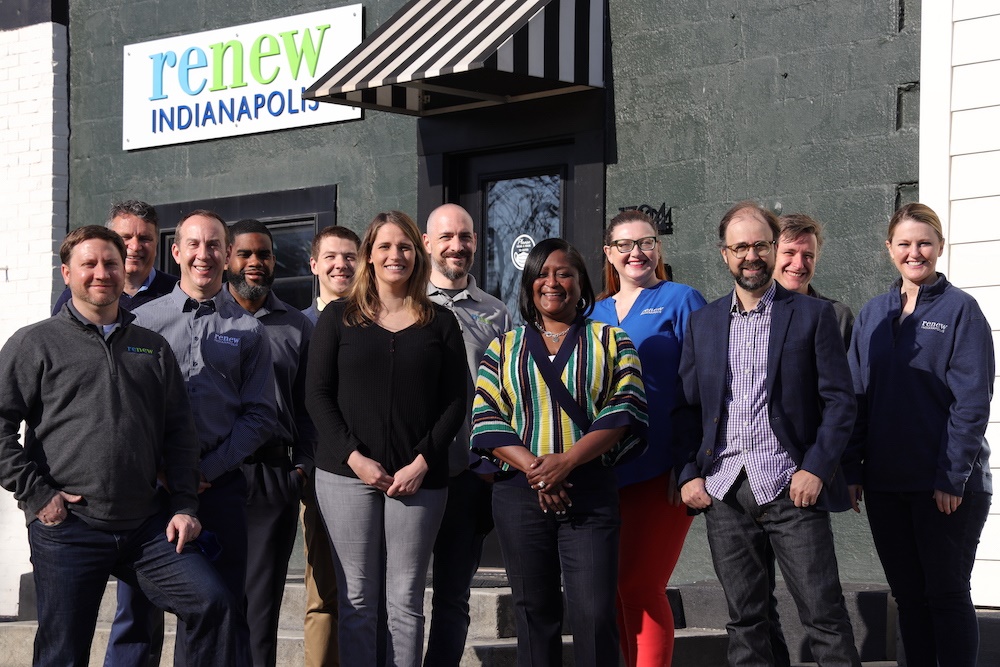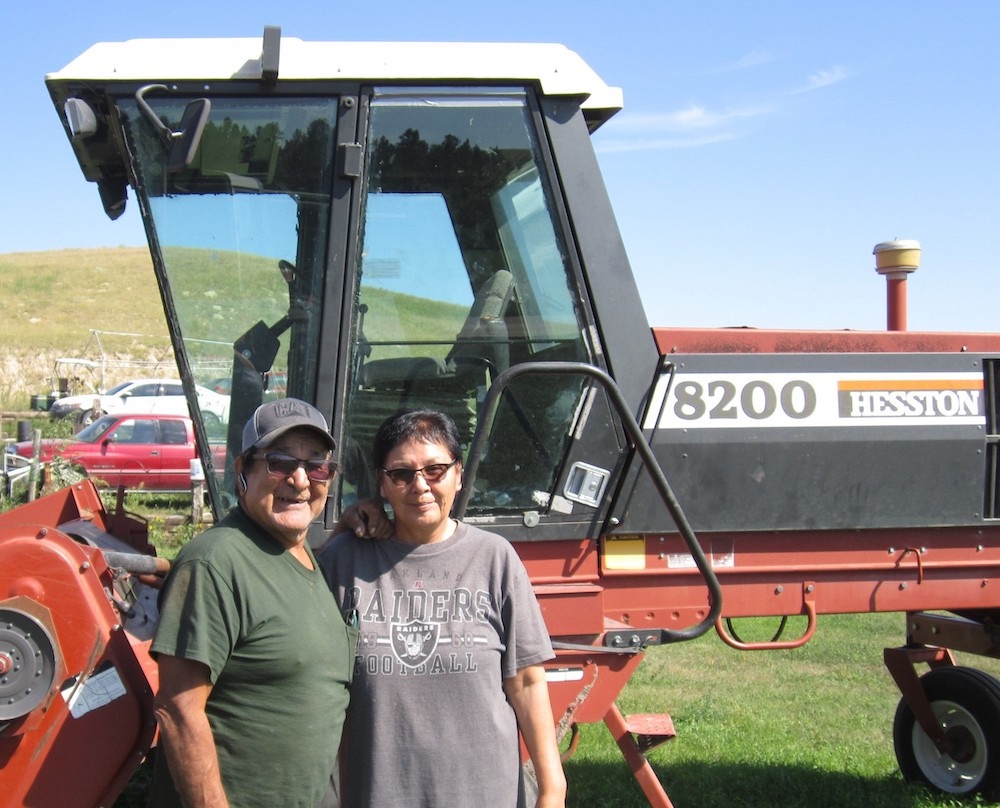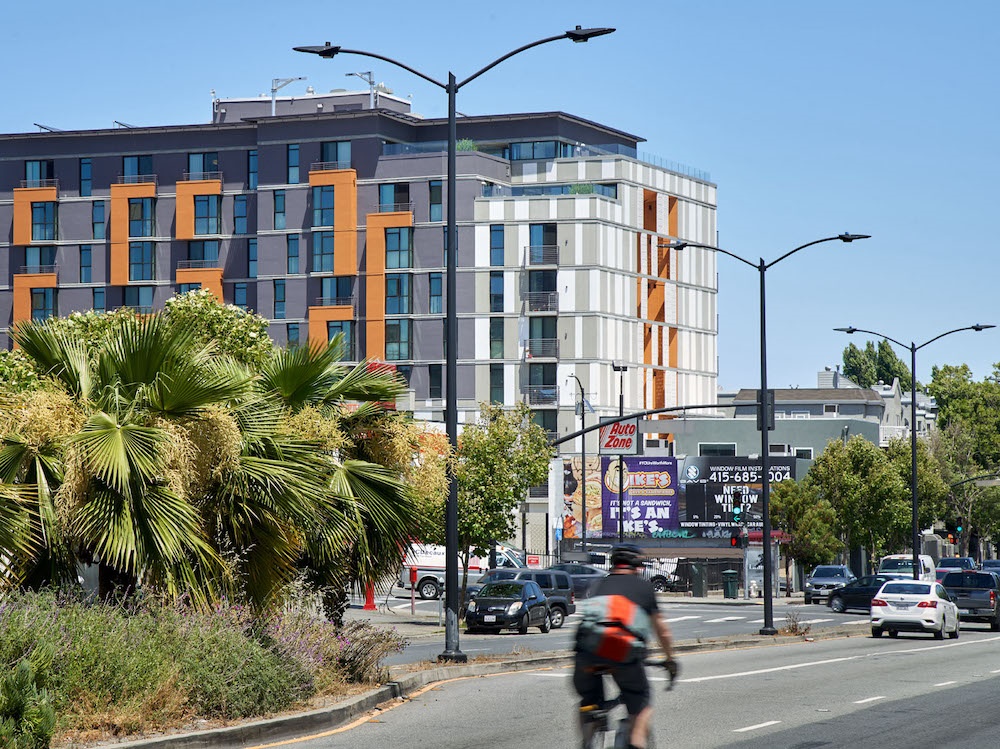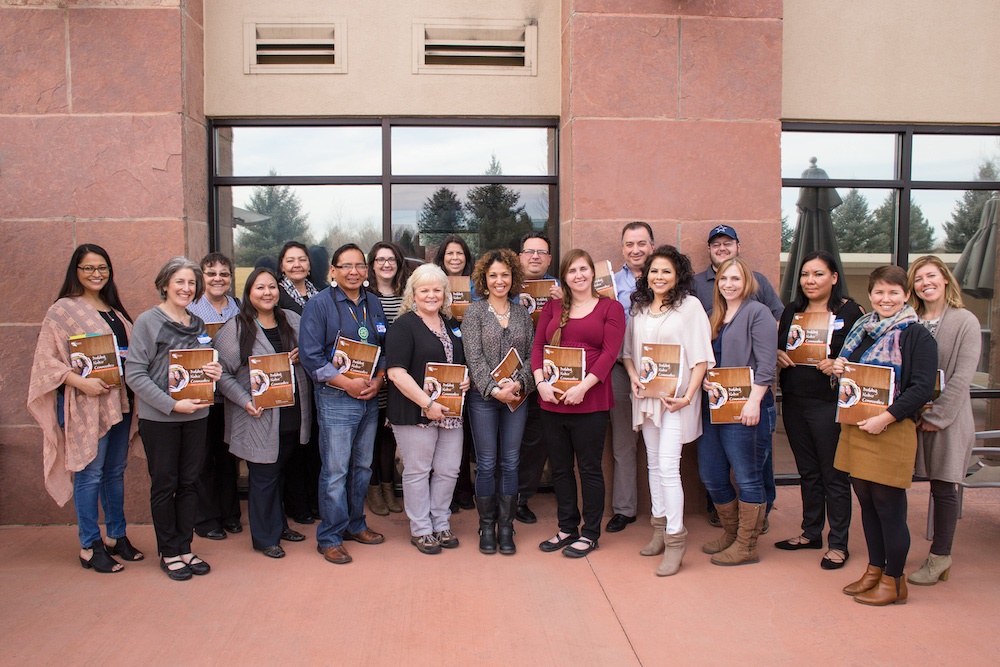The recent expansion of NeighborWorks America's network will allow member organizations to make an even greater collective impact in a number of areas, including education for future homeowners, financial coaching and wrap-around support through partnerships. The network also adds new Community Development Financial Institutions (CDFIs), providing affordable lending opportunities for low- and middle-income individuals and businesses.
The new affiliates will benefit from access to funding, training, and a strong support network. Meanwhile, the network will benefit as the new affiliates help NeighborWorks to expand to new areas of the country and strengthen work with Native communities, following through on NeighborWorks' commitment.
Recently, NeighborWorks America introduced four of the eight new affiliates, highlighting the Southern and Northeast regions. Now, we introduce the new affiliates in the Western and Midwest regions.
Renew Indianapolis (Midwest Region)
Renew Indianapolis is the fourth NeighborWorks affiliate in Indiana, but the very first affiliate located in central part of the state, expanding NeighborWorks' reach to a new territory. The nonprofit is committed to improving housing, economic development and quality of life.

"Indianapolis is a city of neighborhoods," Indianapolis Mayor Joe Hogsett said at the same press conference."When we strengthen one neighborhood, we strengthen the city as a whole."
While Renew will continue to focus on neighborhoods throughout the city, a center of laser focus will include the Martindale Brightwood area. In February, the city announced the neighborhood as a Lift Indy Neighborhood, which will see the benefits of $3.5 million in block grant funding. The program includes developing homeownership opportunities for low- to moderate- income homebuyers. Renew Indianapolis will preserve affordable housing for current homeowners through the Edge Fund-Mortgage Refinance Loan Program. And Renew will also help make homeownership more attainable through below-market rate mortgage loans for up to 10 homebuyers. A New Construction Homeownership Program will create homeownership opportunities for at least 10 low-income households.
Renew operates two CDFIs, another way the NeighborWorks network is extending its reach. Since 2017, the organization has produced $4.2 million of commercial loans and $4.7 million of affordable housing bridge loans and residential mortgages.
Lakota Funds (Midwest Region)
Located in Kyle, South Dakota, Lakota Funds' mission is to promote economic sustainability on the

The organization has its roots in the 1980s in a group of community leaders who agreed that access to capital, technical assistance, business networks and infrastructure were key to breaking the cycle of poverty for the Oglala Lakota people. In 1986, Lakota Funds was established as the first Native American CDFI. Beginning as a micro-lender, with $500 loans, the nonprofit made a difference on a reservation where there were only two businesses owned by Native Americans. Now, the organization makes loans of up to $300,00 and has a loan portfolio exceeding $4 million. They've helped 850 businesses establish or expand and have created more than 2,000 jobs.
Lakota Funds brings experience working with Native families and businesses and helping them achieve asset-building goals. As part of the network, the nonprofit will also receive access to resources strengthening the organization and adding lines of business around housing, homeownership and community development, says Tawney Brunsch, executive director. The people who benefit,"will be the communities we serve – Native families on and near the Pine Ridge and Rosebud Reservation."
In the year ahead, the goal is to improve and increase business loan products, says Brunsch. When the organization began, 85% of clients had never had a checking or savings account, and 75% had never had a loan.
Another goal? To improve infrastructure at Eagle Nest Housing, help more families achieve home ownership, and give them the tools and support to make their own, family friendly community.
Mission Economic Development Agency – MEDA (Western Region)
Located in San Francisco, Mission Economic Development Agency (MEDA) was founded in 1973 with a mission of building Latino prosperity, community ownership, and civic power. The organization focuses on an array of programming, including asset building and education. Fondo Adelante, MEDA's CDFI, offers access to capital for those not able to get loans from traditional lenders, including residents who may be undocumented, says Luis Granados, CEO of the nonprofit. The organization serves as the backbone agency for the Mission Promise Neighborhood, which focuses on helping families succeed by focusing on reading skills, access to childcare and moving kids toward college.

Community engagement is at the organization's core and led to more than 3,000 community members filling out the 2020 census. A leader in keeping people housed during the housing crisis in 2008, the organization recently revived its program, anticipating a repeat demand due to the pandemic.
"MEDA is excited and honored to join the NeighborWorks network, especially in this critical time as our Latino and immigrant community in San Francisco looks toward recovery from the COVID-19 pandemic," Granados said.
In a speech announcing the affiliation, Granados said this is the right time to become an affiliate,"to help us grow the impact in our neighborhood and strengthen the sector nationwide. We want to contribute to making NeighborWorks even stronger."
Granados says success is measured in two ways:"ensuring that low-income Latinos are able to call San Francisco their permanent home; and building the capacity and skills, of organizations led by people of color in asset building, backbone organizational infrastructure, affordable housing, CDFIs and policy development."
MEDA's goal in the year ahead is to make sure its low-income Latinx and immigrant community moves back to thriving instead of just surviving, leaders say.
Oweesta Corporation (Western Region)
Colorado's Oweesta Corporation joins the NeighborWorks network on the verge of becoming a certified

"Oweesta has a deep understanding of successful, rural economic development models and capacity-building platforms for community development," Cornelius says."We have proven expertise in raising capital and investment, especially when it comes to investing in the most impoverished regions and communities within the U.S."
Oweesta offers training and technical assistance and has kept a busy schedule through the year. Cornelius says she looks forward to being a part of a network of organizations that have shared goals to strengthen rural America."We can share best practices and take on new endeavors to build our communities' capacity and work toward thriving and economically vibrant communities in the places we call home," she adds.
In the year ahead, Oweesta will continue to focus on the economic advancement of Native communities by supporting Native CDFIs."Native CDFIs are anchored in their communities and have repeatedly stepped in to support families and small businesses in times of financial need," Cornelius says."We will support our Native CDFI partners by growing the housing landscape, institutionalizing a Native CDFI Certification Program, and providing essential loan capital to Native CDFIs."

